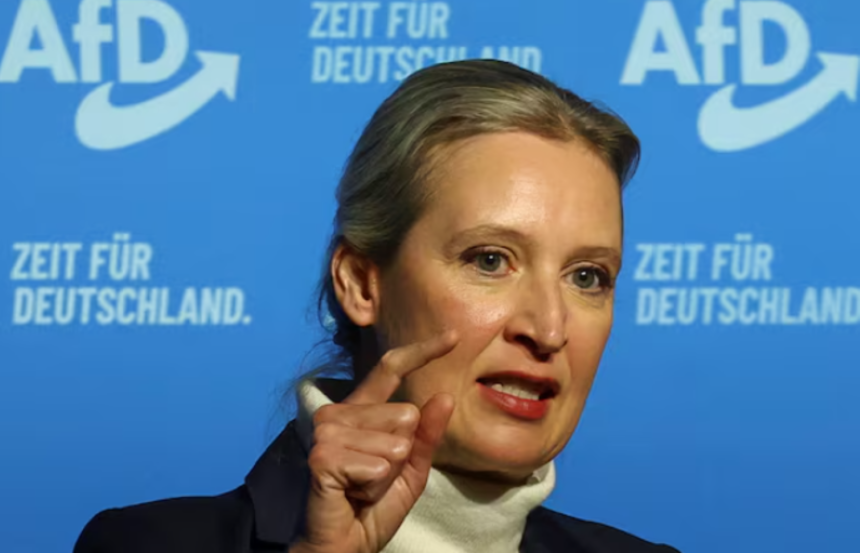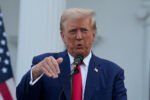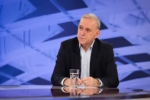BUDAPEST/BERLIN, Feb 3 (Reuters) – The far-right Alternative for Germany (AfD) party, long shunned in international politics, is gaining new allies as its popularity surges at home.
After securing €5 million in donations in just over a month and receiving an endorsement from Elon Musk, AfD co-leader Alice Weidel has now been invited to Hungary to meet Prime Minister Viktor Orbán, a significant diplomatic breakthrough for the party.
Orbán, known for his anti-immigration stance and calls to restore Europe’s energy ties with Russia, announced Weidel’s visit on social media, declaring:
“Berlin has always been a city of walls. It’s time to tear another one down.”
Previously, Orbán avoided public engagement with the AfD to maintain diplomatic ties with Germany’s mainstream parties. However, with AfD polling second in the German election race and Donald Trump’s return to the White House, the Hungarian leader appears to be reassessing his approach.
Shifting Political Alliances
The AfD and Orbán share ideological common ground, particularly in their opposition to immigration and their desire to rebuild relations with Russia despite the ongoing Ukraine war.
The AfD’s growing influence was further highlighted last week when, for the first time in postwar German history, a parliamentary motion passed with support from a far-right party. This cracked Germany’s political firewall against cooperating with the AfD, triggering protests and resignations from Friedrich Merz’s conservative CDU, which had originally backed the motion on migration.
Surge in Funding and Endorsements
On Feb. 1, the German parliament revealed that AfD received a record €2.3 million donation from an Austrian far-right politician. This followed two other major donations in January, bringing its 2025 total to nearly €5 million—a figure that surpasses any previous annual fundraising total in its 10-year history.
Elon Musk has also actively supported the party, declaring on his social media platform X:
“Only the AfD can save Germany.”
Musk later hosted Weidel for an hour-long conversation, reinforcing her party’s growing legitimacy among right-wing movements globally.
AfD’s Election Prospects
Despite its second-place standing in national polls, the AfD remains politically isolated, as mainstream parties refuse coalition talks with the far-right group. However, Orbán’s public support and growing financial backing could signal a turning point in its international and domestic credibility.







